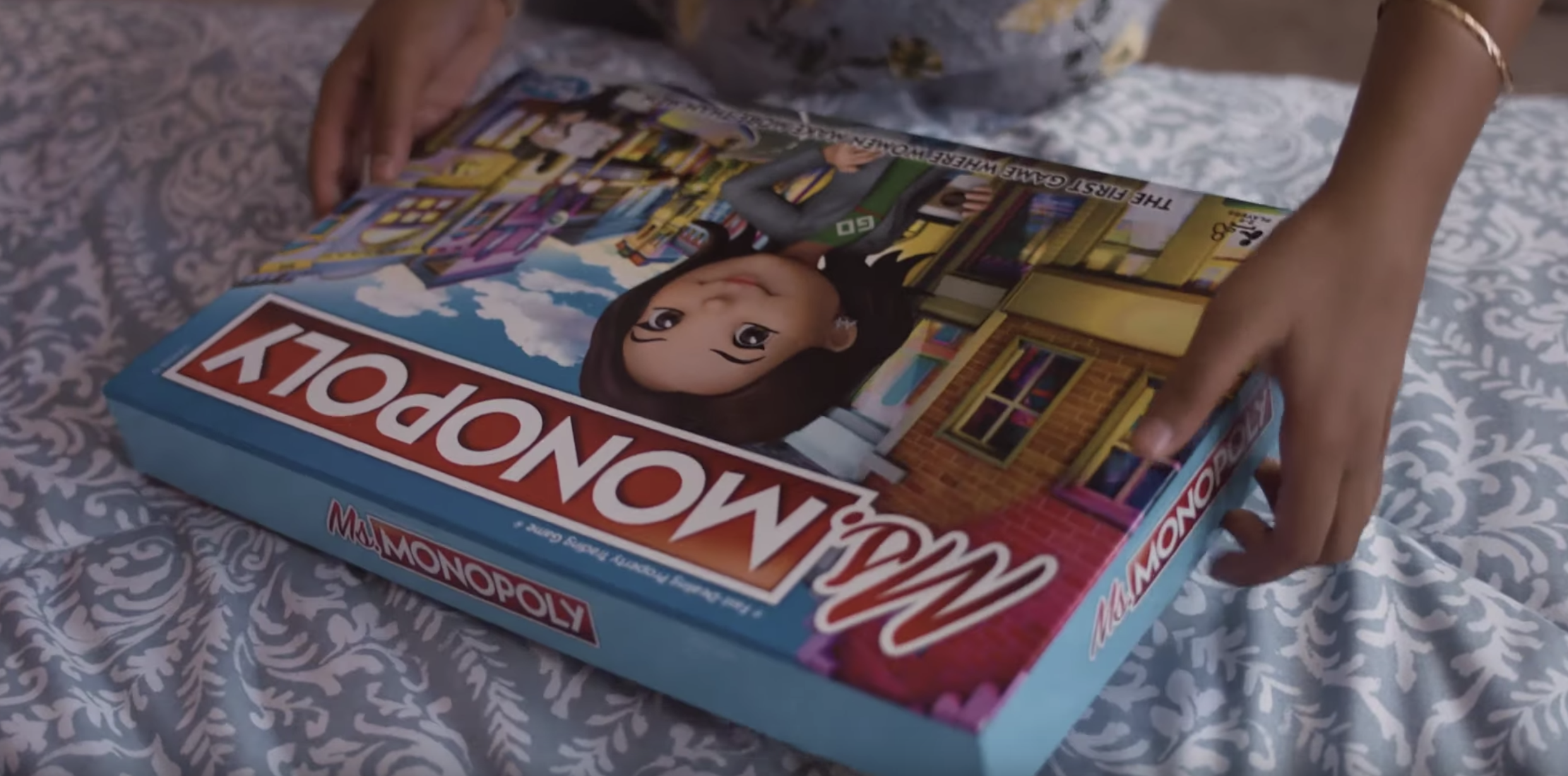‘Ms. Monopoly’ Is About Female Empowerment but Erases the Woman Who Invented Monopoly

Credit to Author: Eric Thurm| Date: Wed, 11 Sep 2019 16:43:09 +0000
Finally, it’s time for women to have a chance to win the game of Monopoly. Hasbro has just announced Ms. Monopoly, a new variant on the classic real estate game with the tagline, “The first game where women make more than men.” In game terms, this means that women collect $240 upon passing GO to the standard $200 collected by men. Like Hasbro’s other recent high-profile Monopoly skin—this one about socialism—the reaction to Ms. Monopoly has been… mixed.
A large number of adults are mad online at the existence of the game for bringing “liberal identity politics” into the dining room. Ms. Monopoly is being pitched as a means to show young women that they can be as successful as men in business and STEM fields, while also highlighting the very real wage gap. In announcing the existence of the game to USA Today, senior director of global brand strategy and marketing for Hasbro described the impetus for Ms. Monopoly as “all of the things surrounding female empowerment.”
Hasbro’s announcement video has been downvoted on YouTube, and folks on the right are saying that Hasbro has politicized the sacred Monopoly franchise, which quite literally has hundreds of different variations including Garfieldopoly. There is a lot to consider here. It’s good to highlight underrepresented people in toys and games—for example, when LEGO introduced women scientist minifigs—since games are often used to teach children something about the world. And they should be.
But Ms. Monopoly doesn’t have much to say. The main cosmetic change in Ms. Monopoly is that Mr. Monopoly, the character originally known as Rich Uncle Pennybags, has been replaced with Ms. Monopoly, a cool Silicon Valley type who wears a blazer over a T-shirt with the Monopoly “GO” symbol while holding her morning coffee. She is clearly very busy, likely on her way to bust a union. If you think that’s a flippant joke—well, it is, but it’s also part of the game. Several other elements of the classic Monopoly board have been “updated,” including replacing railroads with ride shares.
Of course, in papering over labor issues Ms. Monopoly is playing into the long-term history of the game. As is becoming increasingly well-known, the original inspiration for Monopoly was a game called The Landlord’s Game, one that was designed to spread the gospel of progressive 19th century economist Henry George. Though Lizzie Magie patented The Landlord’s Game in 1904, Charles Darrow presented a bastardized version as his own invention and went on to make millions from the sale of Monopoly to game company Parker Brothers. The video posted on Hasbro’s Twitter account promoting the existence of Ms. Monopoly starts by noting “women hold just 10% of all patented inventions,” which is ironic considering that Darrow got all the credit—and all the profit—for Magie’s idea.
“The Monopoly game as we know it was invented by Charles Darrow, who sold his idea to Parker Brothers in 1935,” a Hasbro spokeswoman told The Los Angeles Times. “However, there have been a number of popular property-trading games throughout history. Elizabeth Magie — a writer, inventor and feminist — was one of the pioneers of land-grabbing games. In 1904, she received a patent for the Landlord’s Game, which was meant to educate people about the dangers of wealth concentration.”
Women who could potentially become inventors are the focus of Hasbro’s announcement video—most of it focuses on teen girls involved in various STEM pursuits who have been sent early copies of the game. Later in the video, one of the girls reads a letter from the company, including the lines: “In every Monopoly box there’s $20,580 in Monopoly money. When you’re playing the game, part of the fun is wishing it was real.”
In the video, the Monopoly money has been replaced with real money for the girls, who will ostensibly use it to fuel their inventing work and change the world in some way. That’s nice for them, but in the end, this is just another version of Monopoly. For Hasbro, the money is always real.
This article originally appeared on VICE US.